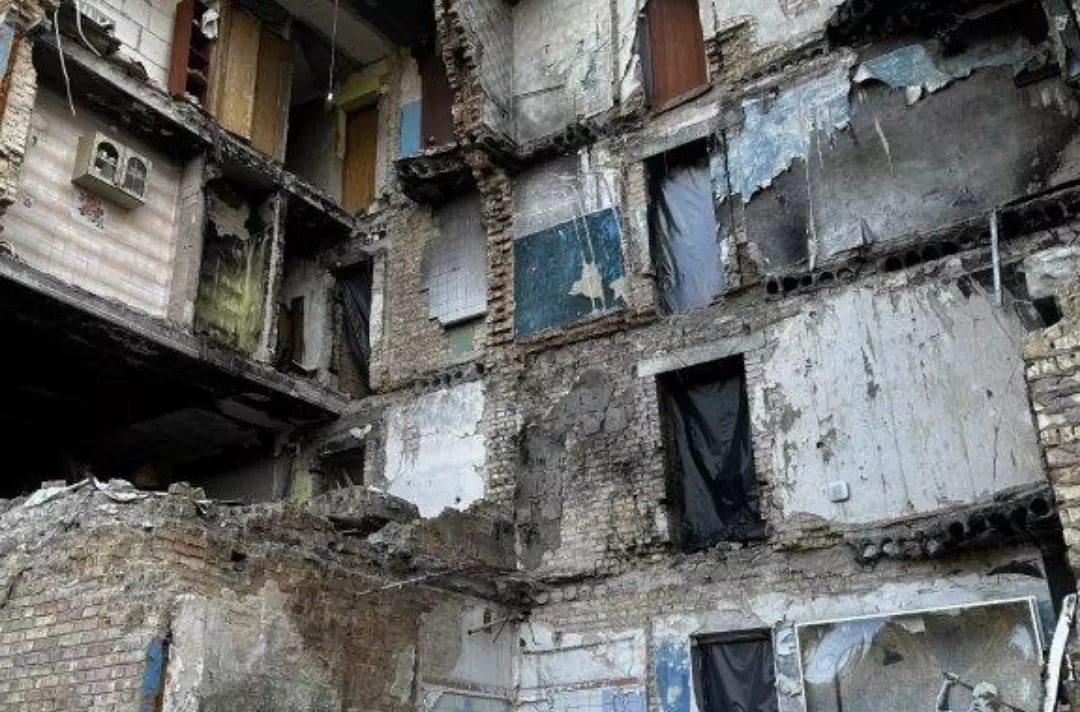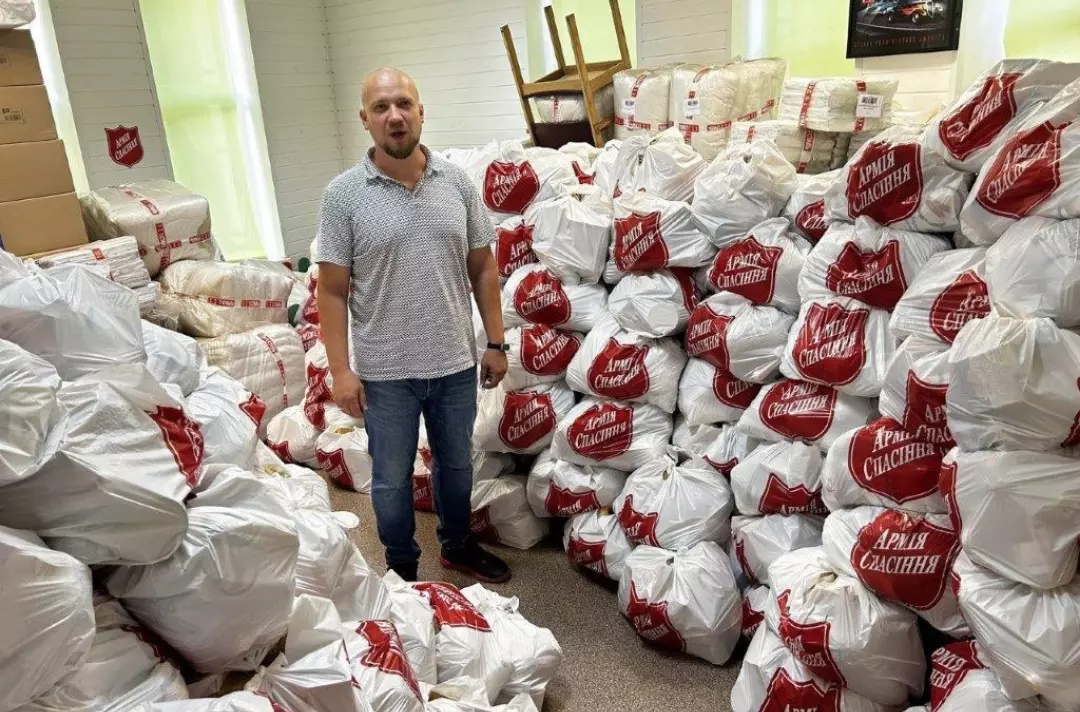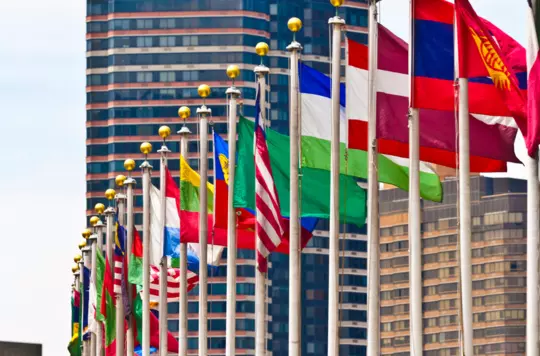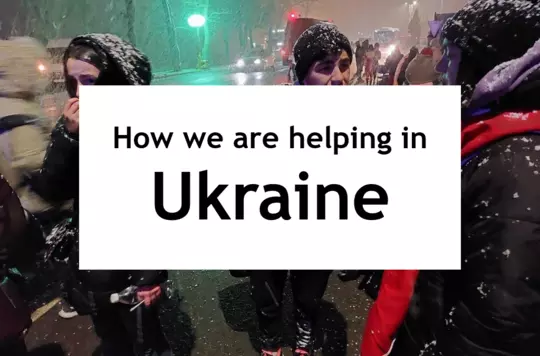17 October 2023
Captain Richard Bradbury: My trip to Ukraine
Captain Richard Bradbury
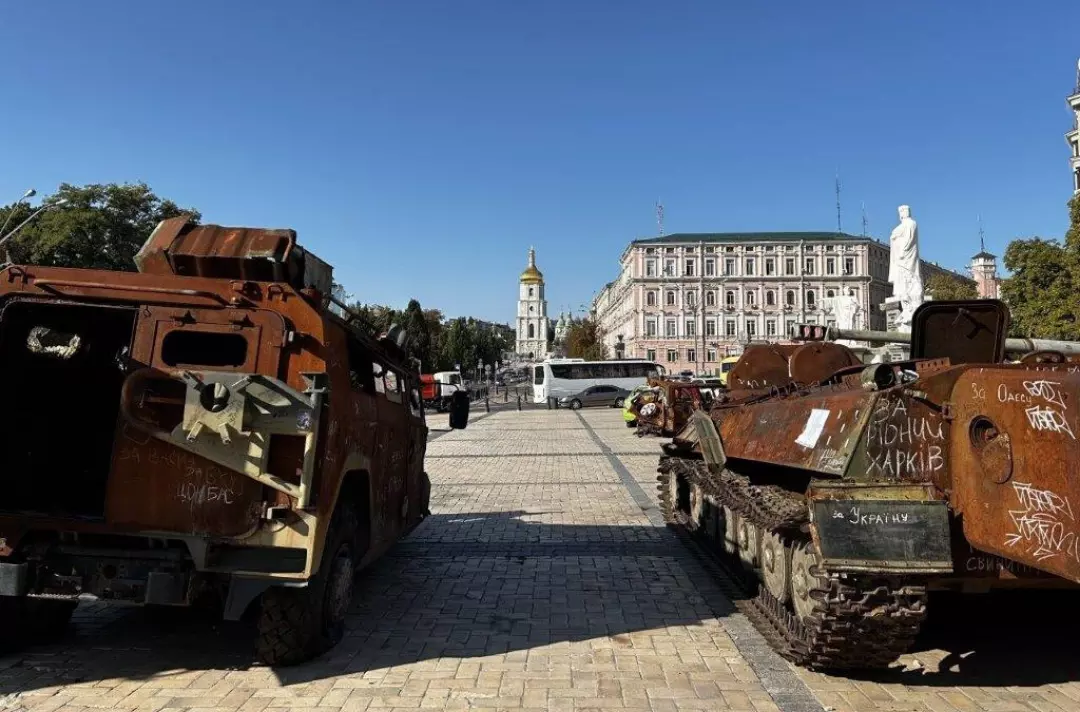
Captain Richard Bradbury (IHQ) writes about faith in difficult circumstances.
As our team visited The Salvation Army in Ukraine, we were excitedly greeted at the train station by divisional leaders Majors Konstantin and Irina Shvab and the Eastern Europe Territory’s emergency services co-ordinator, Major Galina Korenivska.
‘Thank you for coming, you are so brave,’ were the first words spoken to us as we disembarked the train. My colleague, Director of International Emergency Services Damaris Frick, and I responded in unison: ‘We are not the brave ones, you are!’ Seeing the devastation around the edges of the beautiful city was harrowing and distressing. Even as seasoned development and emergency practitioners, nothing prepares you for the injustice and pain of a man-made and avoidable disaster.
In the middle of our tour, we stopped at a small temporary housing complex The Salvation Army helped set up, and continues to support, for people who have been displaced due their homes being destroyed. Two rows of pre-fabricated dormitories were placed together in a car park, each including communal bathrooms and kitchens. The Salvation Army provided equipment for equipping these homes and continues to provide regular support through food and hygiene items.
During this visit we met Viktoria, a teacher and grandmother who was keen to show us her burnt-out flat. As we attentively walked with her, the agonising pain of her ordeal began to break through the cheery disposition she had presented when we first met. As we stared up at the open walls of her bombed-out shell of an apartment, the lack of floors accentuated the kitchen cupboard, which was open for all to see. An empty cupboard was the only possession she had been left with in the flat.
As she spoke with such passion, it was clear that one of the greatest challenges for the days ahead would not just be rebuilding but finding a way to heal the deep psychological wounds across the generations of the people in Ukraine caused by the conflict.
As we returned to our hotel, we witnessed first-hand that Kyiv is a city in contrast. Look in one direction and there are wrecked houses and apartments blocks all around, burnt-out vehicles and soldiers on duty checking vehicles at checkpoints. Look the other way and you see restaurants and shopping malls filling up as people defiantly try to go about their lives with some sense of normalcy. However, at 11pm each night, silence surrounded the city as a curfew came into force.
The next day we would experience the daily reality of air raids, being guided to shelters in basements and underground train stations to sit out the indiscriminate danger. It was a stark reminder that this crisis is far from over.
Following high-level meetings with key agencies, including the United Nations High Commissioner for Refugees, International Office of Migration and the Ukrainian Red Cross, the next day we visited another site where The Salvation Army has been active in supporting those who are internally displaced or homeless in Ukraine. Kyiv Mayak Corps has provided shelter and everyday necessities to people affected by the war. We witnessed a team of young people preparing food parcels. In total, 511 food parcels were packed to be given out the next day.
The final day saw a visit to another site impacted by bombing and the site of a proposed project to help people across the region. Strategically placed between Kyiv and Odessa, the site had a small but effective ministry by providing the village with a basement shelter.
During our three-day visit, we talked and plotted with our Ukrainian colleagues but we also prayed together, laughed together, sang together, cried together, rejoiced together, grieved together, lamented together and grew closer together. My life is much better for meeting the Salvation Army personnel in this country and I am sure thousands of people across Ukraine would share this sentiment. They reflect the heart of Jesus in their compassion, their care and their sense of injustice, remaining faithful to Christ’s calling in the most difficult circumstances. As fellow followers of Jesus and citizens of a global community, we cannot afford to be complacent or give up.
Written by
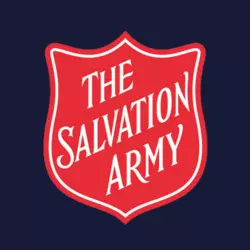
Captain Richard Bradbury
International Development Officer, IHQ
Discover more
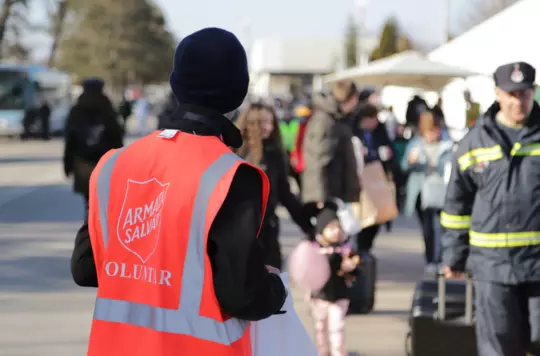
Today marks one year on from the start of the war between Russia and Ukraine.
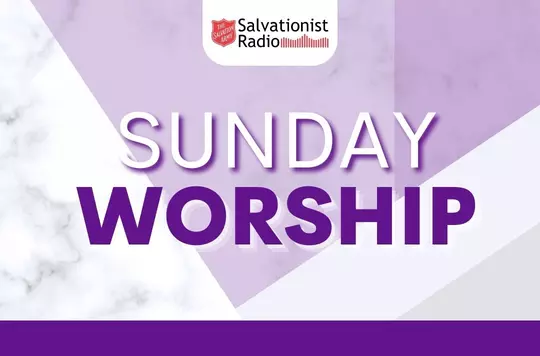
We mark International Development Week in Sunday Worship with a Bible message from Violet Ruria.
